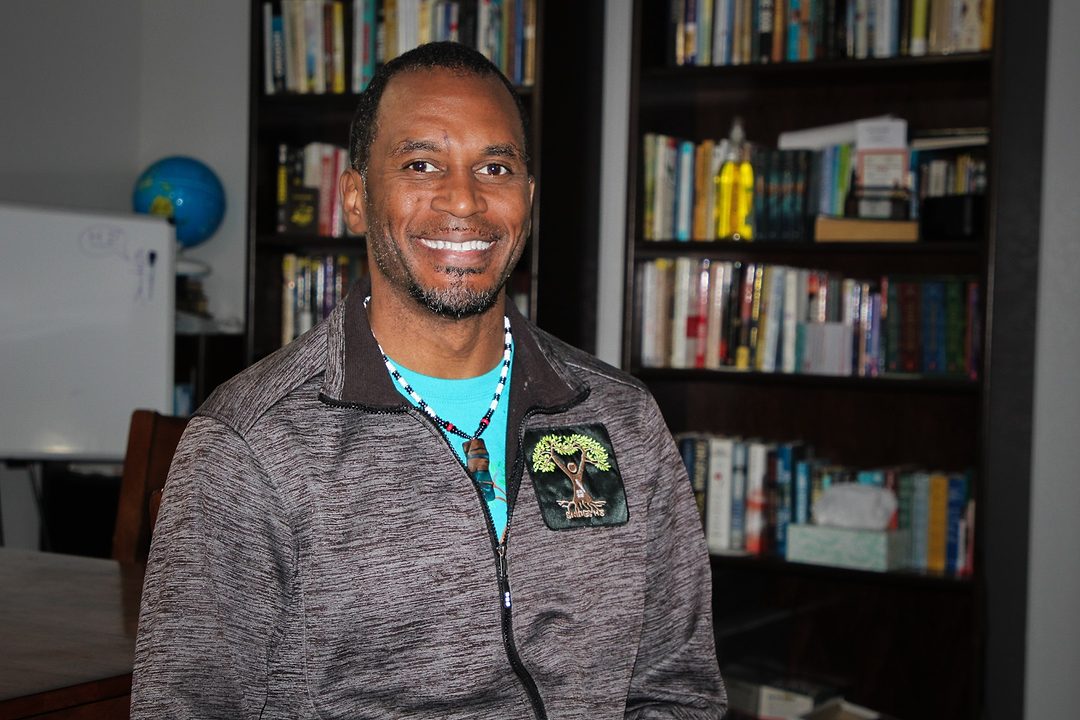
Home » Transitional housing program registers as nonprofit to extend its reach
Transitional housing program registers as nonprofit to extend its reach

October 11, 2023
A transitional housing and mentoring program has secured nonprofit status to begin taking advantage of grants and create tax benefits for its partners.
It’s all part of Snipes H3’s plan to fill in the gaps between public education and government services and provide transitional housing and a mentoring program for young adults ages 18-24.
The organization registered as an LLC in 2021 and received its 501(c)(3) status in September. Snipes H3 is shorthand for “housing and hope for humanity.”
“We want the community to be involved and set up a foundation for grassroots support,” said Tobaski Snipes, executive director of the organization. “It’s the community’s kids. It’s more than just mentoring and housing, it’s how we do it.”
Snipes H3 operates a 12-bed co-ed facility at 2625 W. Bruneau Place, #136, in Kennewick.
The dormitory-style setup has four bedrooms and features leisure and creative spaces, as well as a workout area.
Snipes H3 aims to create a family-style and interactive atmosphere, combined with weekly case management and personal development meetings.
“At the time when we saw the need for housing for young adults, we didn’t know how to protect ourselves and the program. After talking to nonprofit attorneys and consultants, we understood how to set ourselves up as a nonprofit to be around for the long haul,” Snipes said.
Snipes H3’s mentoring program requires participants to be enrolled in one of its three programs: high school completion, employment or general public mentoring.
The high school program requires residents to be enrolled in on-site classes and maintain good attendance. A GED completion option is offered on a case-by-case basis.
The employment program provides housing and mentoring with the goal of helping participants secure employment within a month. The job must offer a minimum of 20 hours a week. In this program, 30% of the net pay goes back into Snipes H3, not to exceed $300 per month.
The general public mentoring provides a hands-on program for personal development. Through activities, classes and community service, individuals learn basic social skills to set them up for success.
Washington state has the fourth largest homeless population per capita in the nation and it’s on the rise according to a December 2022 study by the U.S. Department of Housing and Urban Development.
About 7% of the homeless population is in the 18-24 age range, but 91% of the homeless population under 25 are “unaccompanied youth,” meaning they are in an at-risk group to become homeless. Snipes saw the need for a transitional housing program with a gap in services for this population.
“It’s not only to help them find themselves but become the best version of themselves to be able to become positive contributors to society,” Snipes said. “There are services out there for drug dependency or crimes, but there’s not that accountability for adults that don’t have a stable home life and want to improve.”
Search H3 Snipes: snipesh3.com; 253-208-1494; Facebook @SnipesH3
Real Estate & Construction Local News
KEYWORDS october 2023



